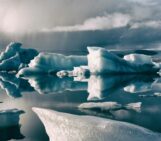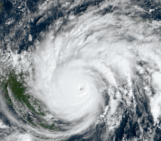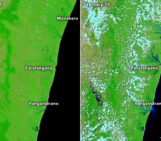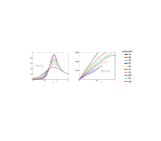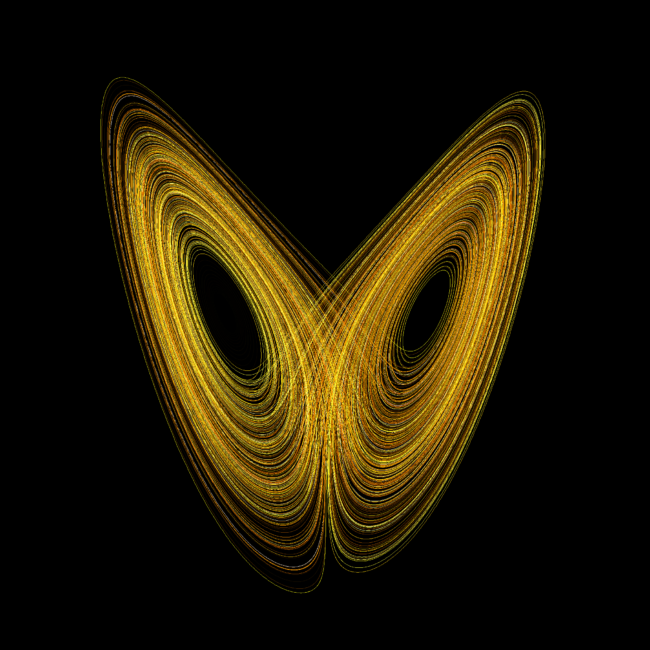
Breaking news: a bizarre early-September snowstorm dumped snow from Montana to New Mexico, a medicane hit Southern Italian regions and Greece, heatwaves and droughts are expected to increase in the future… These extreme events are becoming more and more frequent and one question spontaneously arises: is climate change making the weather more extreme?
This is one of the reasons why climate change is now becoming one of the most popular topics of interest to the public. It impacts human lives and health in a variety of ways, from air quality, to the availability of safe drinking water, nutritious food supply and safe shelter, potentially undermining decades of progress in global health. Nowadays, climate science has inevitably gained increasing attention from a broad range of specialists in the scientific community, but also from stakeholders and the general public. Nevertheless, it is still challenging to have a rigorous definition of “climate”, mostly due to its intrinsic interdisciplinary nature. Indeed, climate science needs to bring together expertise from a broad range of disciplines, like physics, chemistry, maths, biology, history, economy, social sciences, and so on.
To this end, a group of young and established scientists, with the support of the NP Division, is organizing a seminar series on the historical developments and research frontiers in climate science. The main aim is to hear first-hand from some of the scientists who played a key role in shaping our understanding of the climate system. Each speaker will give their personal perspective on the recent history of climate science, discussing the circumstances under which they approached the climate problem, the colleagues and advisors that served as inspiration for them, and how their contribution helped to open new ways in the common thinking of the research community. In this way, the seminar series will be of interest to scientists, especially early career scientists (ECS), acting as an inspiration and motivation to push their ideas forward and to better understand the past and present rationale of the climate research community.
Here are some tips and practical information:
Unless differently specified, all seminars will be hosted via the Zoom platform at 14:30 (2:30 pm) Central European Time. Access details are provided upon free registration at the following website: https://forms.gle/9kTCKkEG27xWMnSy8.
Website: https://sites.google.com/view/perspectivesonclimate/home-page.
Programme:
07.10.2020 → Michael Ghil (UCLA/ENS): “How I got to love dynamical systems & their bifurcations”
21.10.2020 → Shaun Lovejoy (McGill): “Scaling, fractals and the search for high level laws in weather, macroweather and the climate”
04.11.2020 → Tim Palmer (Univ. Oxford): “Ensemble predictions”
18.11.2020 → Hans von Storch (HZG): “Climate science as a social process – history, climatic determinism, CUDOS and post-normality“
02.12.2020 → Cecile Penland (NOAA): “Time and chance happeneth to them all: Stochastic processes affecting life and nature”
16.12.2020 → Roberto Benzi (Univ. Tor Vergata): “The mechanism of stochastic resonance: how it was discovered and why it is relevant in climate change”
All of you are welcome to attend and we hope this kind of activity could be of benefit for all of you!
The organizing committee
Tommaso Alberti (INAF-IAPS, Italy)
Lesley De Cruz (RMI, Belgium)
Christian Franzke (Jacobs University, Bremen, Germany)
Vera Melinda Galfi (University of Hamburg, Germany)
Valerio Lembo (ISAC-CNR, Italy)

